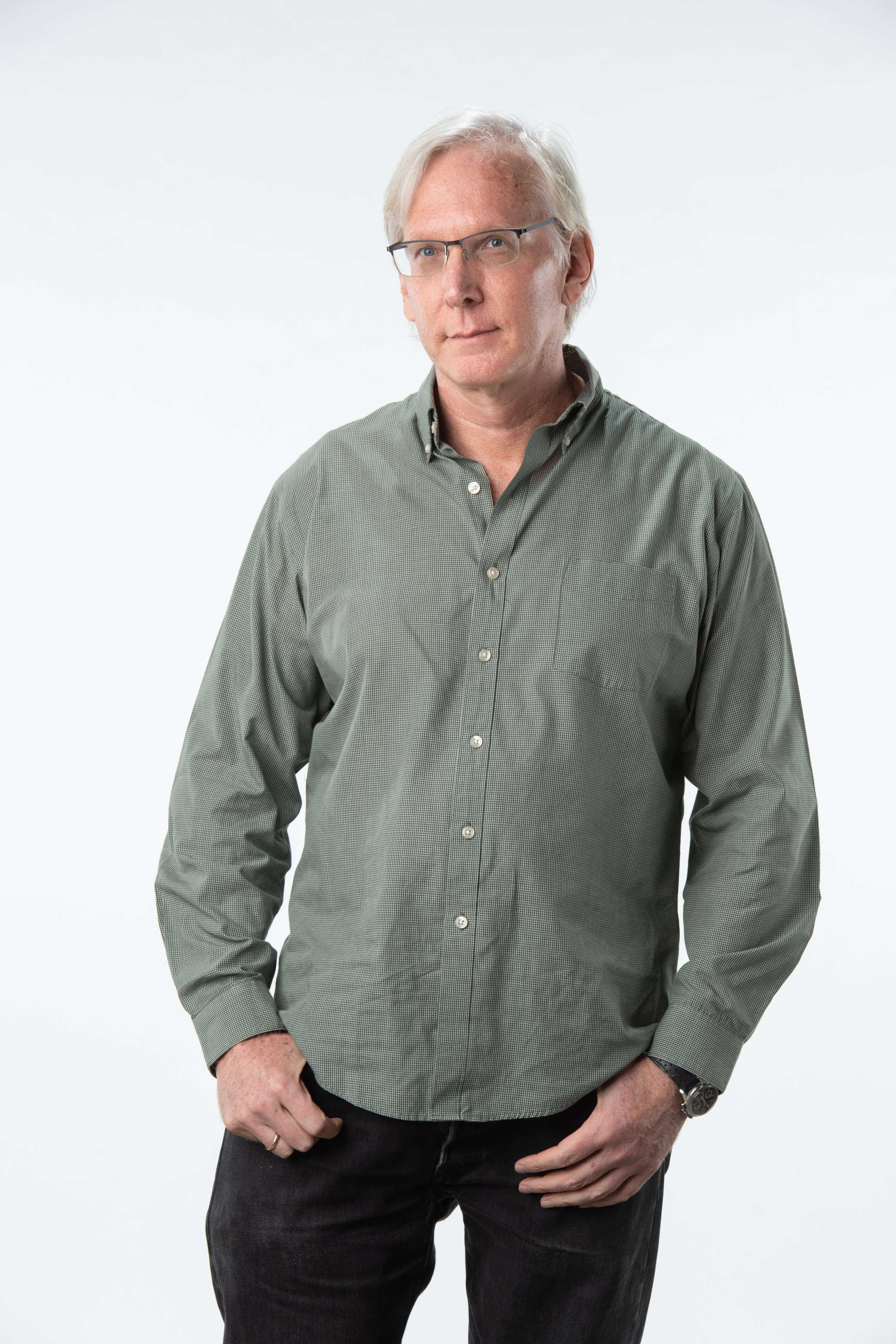
Prof. Christopher Keyes
Professor, Department of Music
Interdisciplinary Research & Creative Practice
Composition; Music Technology; Intermedia
Piano
Prof. Keyes is the director of Electro-acoustic Music Centre (EMC) and Laboratory for Immersive Arts and Technology (LIATe). Since the late 1990s his work has focused on electro-acoustic music, multi-channel audio, and more recently computer graphics as mediums to expand the possibilities of acoustic instruments in concert. His compositions have been performed and broadcast in over 30 countries worldwide.
View More
Featured Project
____
Prof. Keyes’s new album, Ravello Records’ A CONNOTATION OF INFINITY, speaks directly to why listeners should embrace the transgressive element of electronics in traditional classical music. Keyes, who wrote as much software for the album as he did music, employs what he calls a 3D audio for a more immersive listening experience. Keyes’s latest release, which features performances of select pieces on video, envelopes and entrances the minds of listeners from all walks of life.
The album opens with the 17+ minute epic Of Worlds Beyond. Performed by an orchestra, the composition possesses a well-rounded quality of sound. Another unique feature in Keyes’s album is the use of non-musical elements to influence the piece. In Four Improvisations on Cummings, the composer uses keyboard sensors to detect pitch and dynamics that, when played, subsequently trigger text from poems in E.E. Cummings’ collection “Tulips and Chimneys."" Resonant Passages features images and sounds of Hong Kong traffic as an accent to the composition’s reflection on how streams of images and sounds resonate with us as listeners and human beings.
In some compositions, the piano gives way to other instruments that star the show. Antiphon In Memory of Pierre Boulez, for instance, is a piece written for two flutes and two clarinets, paying homage to the late composer through the minimalist use of processing available in Boulez’ time. Tree of Remembrance features only violin and tape. An homage to Henri Dutilleux, Keyes wrote the composition to loosely mirror Dutilleux’s violin concerto “L'Arbre Des Songs.